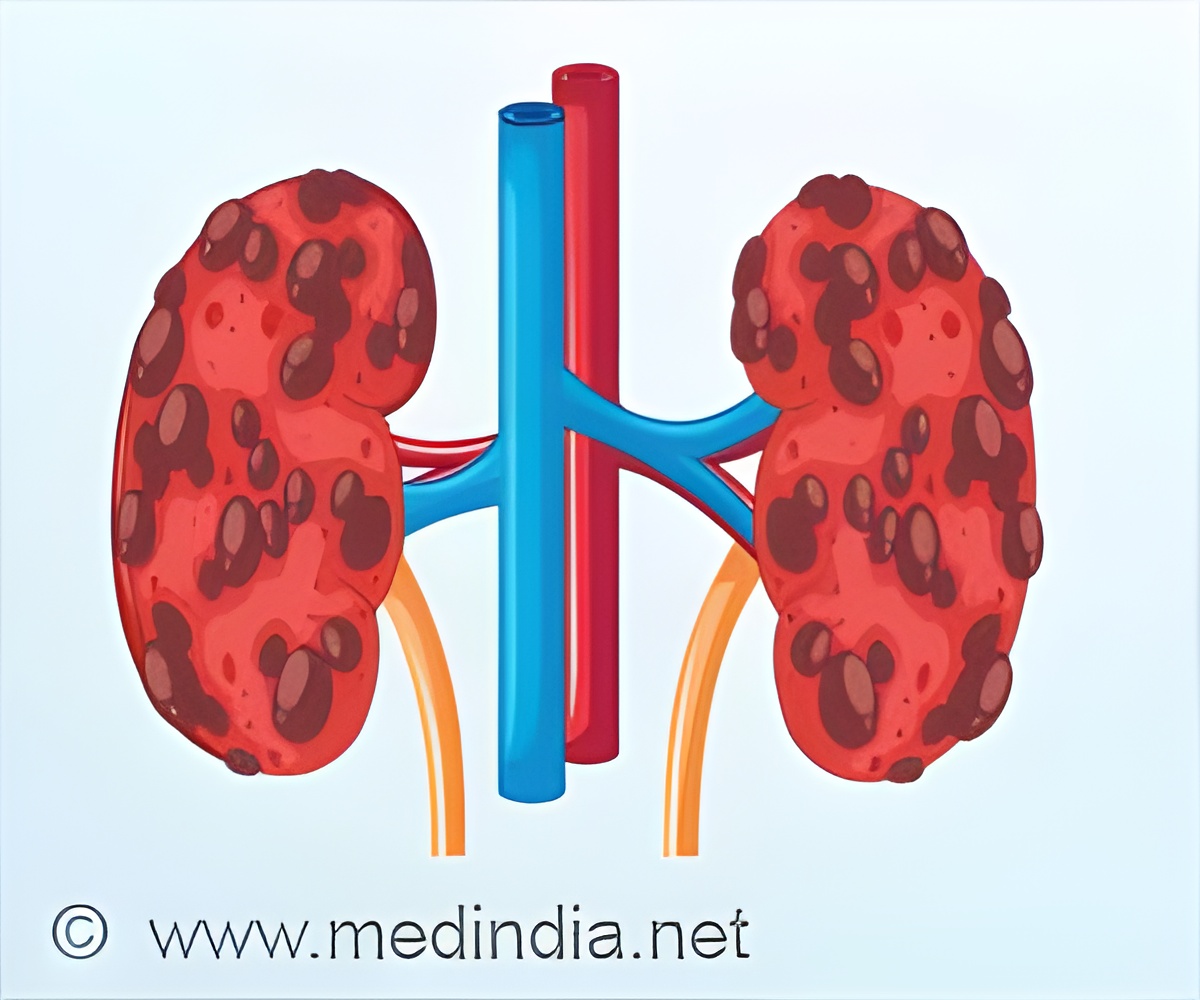
‘For two decades, Nicaragua and El Salvador have seen increasing mortality from an unusual form of chronic kidney disease (CKD), also called Mesoamerican Nephropathy (MeN).’
Tweet it Now
The disease has disproportionately affected sugarcane and other agricultural workers, and appears to be unrelated to traditional kidney disease risk factors such as diabetes. The study, published in the American Journal of Kidney Diseases, found 12.1 percent of a sample of artisanal brick makers in Nicaragua had CKD, and that the disease was particularly common among individuals who worked with the ovens for baking bricks.
"Clinicians in the region have said that sugarcane workers are not the only people affected by this disease, despite the media attention they receive, and we were told by brick makers that oven workers were at greatest risk," says Madeleine Scammell, associate professor of environmental health at BUSPH and one of the study's two senior authors. "It turns out their observations were spot-on."
The researchers gathered data from 224 workers at brickmaking facilities in La Paz Centro, a municipality in northwestern Nicaragua, in February and June of 2016. This sample constituted about 44 percent of the brick makers in La Paz Centro.
The brick makers were all between 18 and 60 years old, had been working in brickmaking for at least a year, and had been working for no more than two hours on the mornings when researchers collected blood and urine samples to estimate kidney function.
Advertisement
While the sample only included 32 women, these women were just as likely to work with the ovens as men--but none of them had CKD. This may be an area for further study, the authors wrote, as is the question of whether CKD runs in families because of genetic factors or because brickmaking--like agriculture and other industries where CKD is common--itself runs in families.
Advertisement















